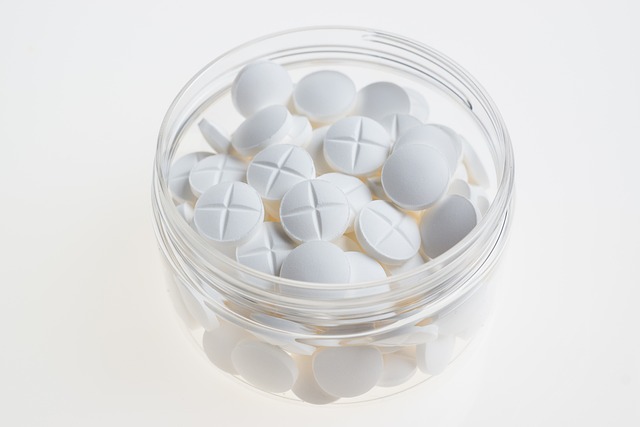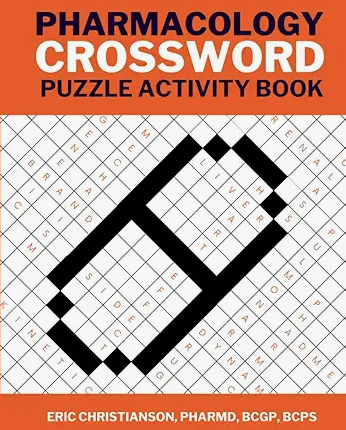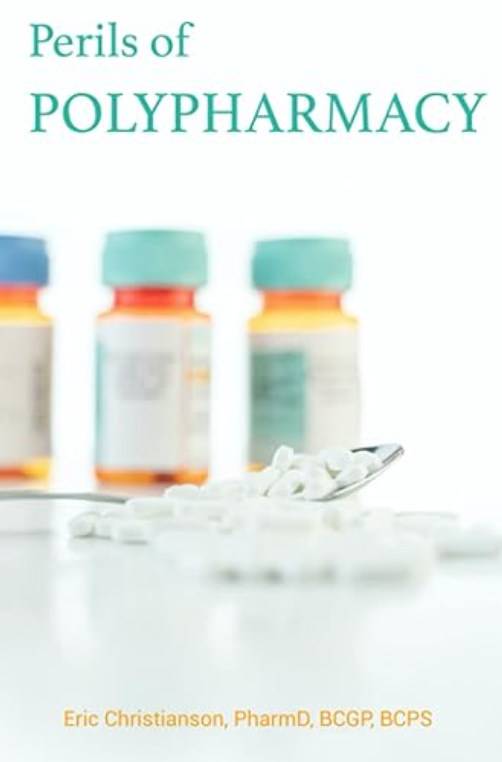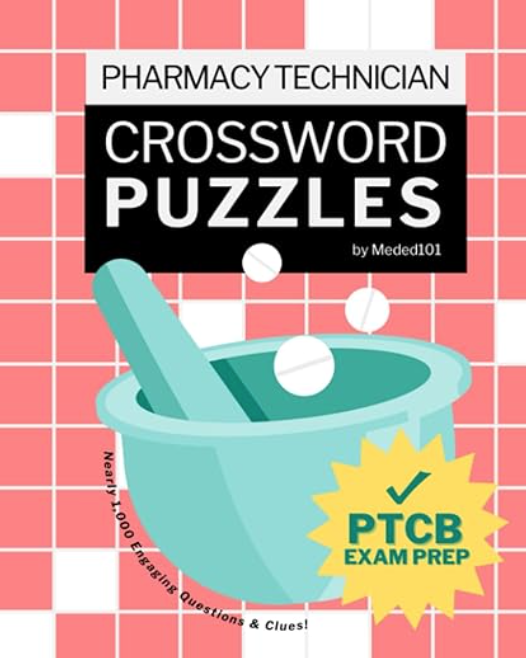The American Thyroid Association defines hypothyroidism as a result of an “underactive thyroid gland.” Common symptoms include fatigue, cold sensitivity, dry skin, weight gain, hair loss, high cholesterol, or constipation. The recommended treatment is replacing the body with T4 (levothyroxine). Currently, the guidelines recommend one standard treatment, but there are other options available. We will explore when to use Armour Thyroid compared to standard levothyroxine therapy.
Hypothyroid Guideline Recommendations
2014 Guidelines for the Treatment of Hypothyroidism: Prepared by the American Thyroid Association Task Force on Thyroid Hormone Replacement recommend levothyroxine as the first line treatment. The guidelines defend this choice over other products due to the efficacy seen with oral administration, long serum half-life that aligns with once daily administration, and resolution of symptoms experienced by patients. In section II of the guidelines, the authors highlight that patients may express a preference to take thyroid extracts over levothyroxine. The guideline states that “high-quality controlled long-term data are lacking to document the superiority of this treatment compared to levothyroxine.” There are also safety concerns with this therapy such as supratherapeutic levels of thyroid hormones. The guidelines express concern with the ratio of T4 to T3 in thyroid desiccant products. The authors stated that the ratio of the thyroid desiccant product is “4.2:1” of T3 to T4, which is lower than the ratio secreted naturally by the thyroid gland, 1:14. In another part of section II within the guidelines the authors discussed what to do if patients feel “unwell” while taking levothyroxine alone and options for changes in treatment. The recommendation stated that there is no supporting evidence to try using a combination of T3 and T4 in these patients and uncertain long term side effects outweigh the benefits of this potential treatment.
What is Levothyroxine?
Levothyroxine, generic for Synthroid, is the synthetic version of T4 which is a thyroid hormone made in the body. Thyroid hormones bind to receptors in the cell nucleus. From there, thyroid hormones alter DNA transcription and lead to increased metabolism by increasing gluconeogenesis, protein synthesis, and impacting glycogen stores throughout the body. Side effects of levothyroxine are sweating, alopecia, weight loss, diarrhea, insomnia, palpitations, fatigue, anxiety, or chest pain. As described above, levothyroxine is the standard of care for patients with hypothyroidism due to its support from large studies proving that it is safe and effective.
What is Armour Thyroid?
Desiccated thyroid extract, commonly known as Armour Thyroid, is a naturally derived thyroid supplement that contains both T4 (levothyroxine) and T3 (liothyronine). Armour Thyroid has not been FDA approved since it may contain varying concentrations of T3 and T4 since it is a natural product derived from pig thyroid glands (excellent board exam question). This may lead to varying efficacy and safety events. Some common side effects of Armour Thyroid are diarrhea, nausea, vomiting, insomnia, restlessness, palpitations, or tachyarrhythmias. The 2014 guidelines do not highlight any situation where this product should be used over levothyroxine. However, patients may feel otherwise.
When should Armour Thyroid be used?
There has been some suggestion that Armour Thyroid and other desiccated thyroid extracts may be beneficial for patients who have undergone a thyroidectomy, patients with Hashimoto’s thyroiditis, or those who have not responded to levothyroxine. A small study by Heald et al, included 30 adults ranging from 26 to 77 years old having been diagnosed with hypothyroidism for at least 2 years were initiated on a desiccated thyroid extract after continuing to experience symptoms of hypothyroidism after dose adjustments of levothyroxine. The study results stated that there was a significant improvement in quality of life using the ThyPro scale and reduction of symptoms.
While the options seem to be similar, the data to support the use of desiccated thyroid extracts is insufficient compared to the research done with levothyroxine. There may be certain situations where desiccated thyroid extract may provide relief of hypothyroid symptoms where levothyroxine does not. However, there is more data on levothyroxine’s benefit for patients with hypothyroidism compared to desiccated thyroid products. The choice between the two depends on the patient and endocrinologist.
This article was written by Carly McDonald, PharmD Candidate in collaboration with Eric Christianson, PharmD, BCPS, BCGP
- 30 medication mistakes PDF
- 18+ Page Drug Interaction PDF
- 10 Commandments of Polypharmacy Webinar based on my experiences in clinical practice
Popular Amazon Books
References:
Guidelines for the Treatment of Hypothyroidism: Prepared by the American Thyroid Association Task Force on Thyroid Hormone Replacement. Jacqueline Jonklaas, Antonio C. Bianco, Andrew J. Bauer, Kenneth D. Burman, Anne R. Cappola, Francesco S. Celi, David S. Cooper, Brian W. Kim, Robin P. Peeters, M. Sara Rosenthal, and Anna M. Sawka. Thyroid® 2014 24:12, 1670-1751
Heald, A. H., Premawardhana, L., Taylor, P., Okosieme, O., Bangi, T., Devine, H., Livingston, M., Javed, A., Moreno, G. Y. C., Watt, T., Stedman, M., Dayan, C., & Hughes, D. A. (2021). Is there a role for natural desiccated thyroid in the treatment of levothyroxine unresponsive hypothyroidism? Results from a consecutive case series. International journal of clinical practice, 75(12), e14967. https://doi.org/10.1111/ijcp.14967
Hypothyroidism. American Thyroid Association. 2024.https://www.thyroid.org/hypothyroidism/









Hi. I thought that the ratio T3:T4 was around 1:14, but your text says 14:1?. More T3 secreted than T4. Is that correct?
Thanks for that comment, we got those numbers mixed around in the article. Thanks for catching that! We have updated the article to reflect that update. Eric
As a pharmacist who is studying functional medicine, I see such a disconnect from the single test of TSH to inform a person’s unique situation. TSH is a reflection of the brain’s need for thyroid hormone, it does not reflect if the body’s demands are being met. Maybe the T4 from the levothyroxine is being pushed to Reverse T3 d/t too much stress? Maybe the T4 is not being converted to T3 d/t deficiency of nutrients (vitamin A, iron, zinc, selenium). Adequate Free T3 is needed to support all tissues/organs to function optimally, but it’s one of the markers so rarely looked at. There are too many thyroid patients suffering and our healthcare system (that I’ve worked in for almost 30 years) is not listening in most cases.